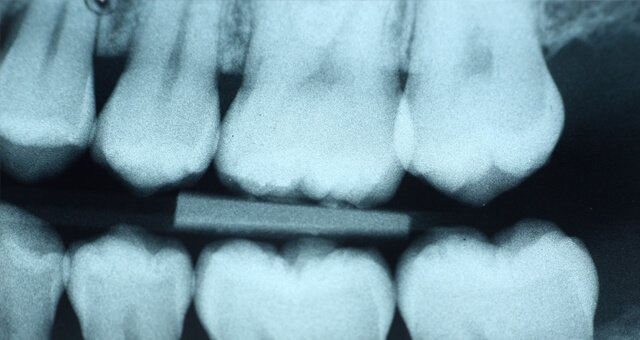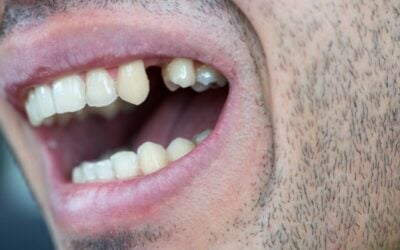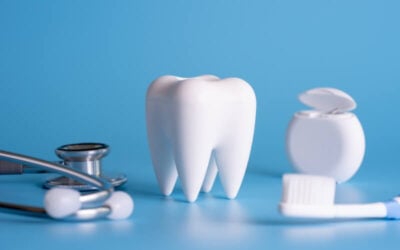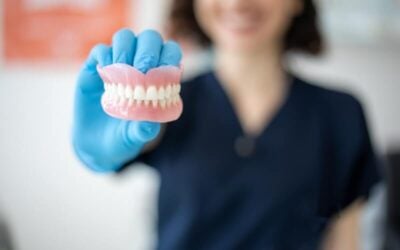Why Dental X-rays Are Needed?
Why Dental X-rays Are Needed?
There’s a lot going on in your mouth that is not visible to the naked eye, and dental X-rays allow your dentist to see what’s happening below the surface. During general dental examination, taking of X-rays will provide a comprehensive assessment of the health of your mouth.
No visible signs of trouble
Tooth decay can be sneaky – it doesn’t tend to show physical signs of its presence early on. X-rays are an important diagnostic tool that allows your dentist to confirm if you have tooth decay, or if you have any problems such as infection around the roots of the tooth, or bone loss. Spotting it early means your dentist can deal with the problem before it becomes significant.
Safe for everyone
Regardless of whether you’re a child or an adult, you can have X-rays safely taken of the inside and outside of your mouth. The amount of radiation involved is extremely low, and is equivalent to the sort of exposure you’d receive on a 1-2 hour flight. This means that even if you’re pregnant you can have X-rays taken, although they are generally kept to a minimum during this period.
Oh, and that thing about your dentist leaving the room while the X-rays are taken? Nothing to worry about there – they’re taking lots of X-rays all day long and stepping out of the room limits their ongoing exposure to radiation.

Why X-rays are needed
The types of X-rays your dentist will take will depend on the conditions for which you are being assessed. The decision to take an X-ray, and the type of X-ray taken, will be influenced by such things as your past and present oral health, an examination of your mouth, your age, risk of disease and any early symptoms of oral disease.
What can dental X-rays detect?
• Small areas of decay between teeth not visible in the mouth
• Problems with existing fillings, root canals, crowns or bridges
• The presence and severity of gum disease
• Abscesses or other sorts of infections
• Tooth development issues such as malformed teeth, extra or missing teeth etc.
• Cysts and some types of tumours
• Traumatic injuries such as tooth and bone fractures
• Proximity of teeth to nerves and sinuses
• The development of wisdom teeth and if there is a need for them to be removed
• The amount of bone needed for dental implants
If an X-ray shows decay, your dentist will discuss treatment options with you, which may be preventive to slow or stop further progression of the decay, or may involve a filling if there is an actual cavity.
Read the original article here.
Note: All content and media on the Bacchus Marsh Dental House website and social media channels are created and published online for informational purposes only. It is not intended to be a substitute for professional medical advice and should not be relied on as health or personal advice.
More Dental Articles
Holidays Are Great Until A Tooth Is Knocked Out – What To Do Amid The Panic
Always see your local dentist after any holiday accidents or injury involving the face. Get the emergency dental number listed prominently…
The ADA Pushes For Better Oral Care
Dr Stephen Liew, the Australian Dental Association (ADA) president is coming out firing in the push for better oral care for Australians…
In 2024: What Your Dentist Would Really Like You To Do Differently
Happy New Year Everyone! May you make 2024 your happiest dental year ever. Here’s what your dentist would like you to do differently…
Foods And Supplements That Help Slow or Prevent Gum Disease
Are there really foods and supplements that help slow or prevent gum disease? Dentists will point toward those foods to be avoided…













